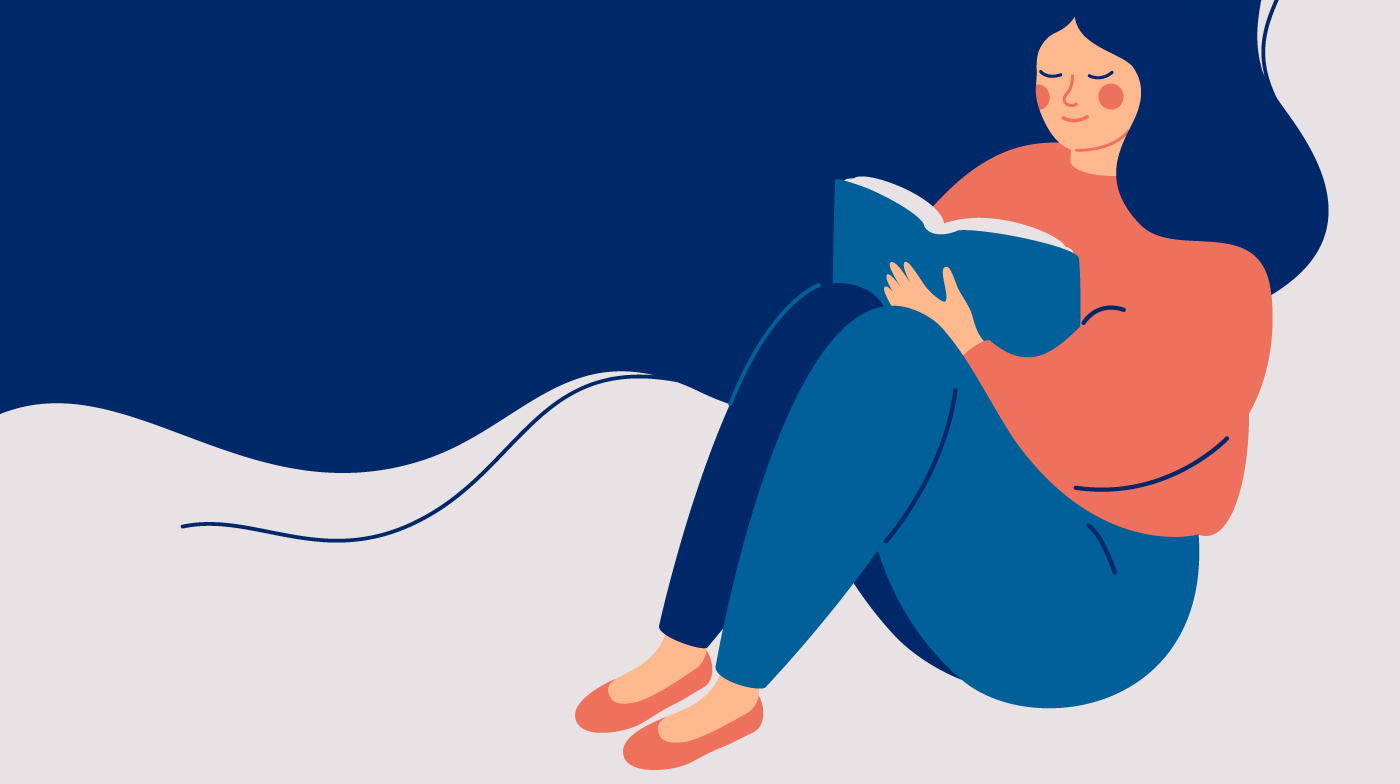Ever felt a surge of calmness while losing yourself in the pages of a good book? Or found solace in the fictional world when reality becomes overwhelming? This isn’t just coincidence – it’s a well-acknowledged form of therapy called ‘Bibliotherapy’. Rooted in the ancient Greek words ‘biblion’ (book) and ‘therapeia’ (healing), Bibliotherapy involves the use of literature to support and heal.
The Origins of Bibliotherapy
While the term ‘Bibliotherapy’ might sound modern, the practice traces its origins back to ancient civilizations. The entrance to the sacred library of Thebes, for instance, bore the inscription “Medicine for the Soul”. Throughout history, scholars and physicians alike have recognised the therapeutic potential of literature.
How Does It Work?
At its core, Bibliotherapy involves identifying reading materials that resonate with an individual’s current life situation. It could be a poem that captures a specific emotion, a novel that mirrors one of reading, reflecting, and relating to the content can pave the way for self-awareness, introspection, and emotional catharsis.
Modern-Day Bibliotherapy
In today’s fast-paced world, mental well-being has become more important than ever. Modern Bibliotherapy has evolved to include not only classic literary works but also contemporary fiction, graphic novels, and even children’s books. Therapists and counsellors sometimes incorporate it as a supplementary approach, recommending specific readings tailored to their client’s needs.
The Benefits
Beyond just escapism, Bibliotherapy offers several profound benefits:
- Empathy: Literature often allows readers to step into the shoes of characters, fostering a deeper understanding and empathy towards others.
- Catharsis: Recognising one’s own emotions and struggles in a narrative can lead to a purging of pent-up feelings.
- Guidance: Many books offer wisdom, potentially illuminating paths or solutions that readers hadn’t considered.
- Connection: Realising that one’s feelings and challenges are shared by others – even fictional characters – can alleviate feelings of isolation.
Conclusion
Books have always been gateways to other worlds, offering both adventure and knowledge. The idea that they can also be a source of healing and comfort adds another layer to the magic of reading. So, the next time you’re feeling low or seeking answers, you might just find what you need on a nearby bookshelf. After all, in the wise words of Jorge Luis Borges, “I have always imagined that Paradise will be a kind of library.”






